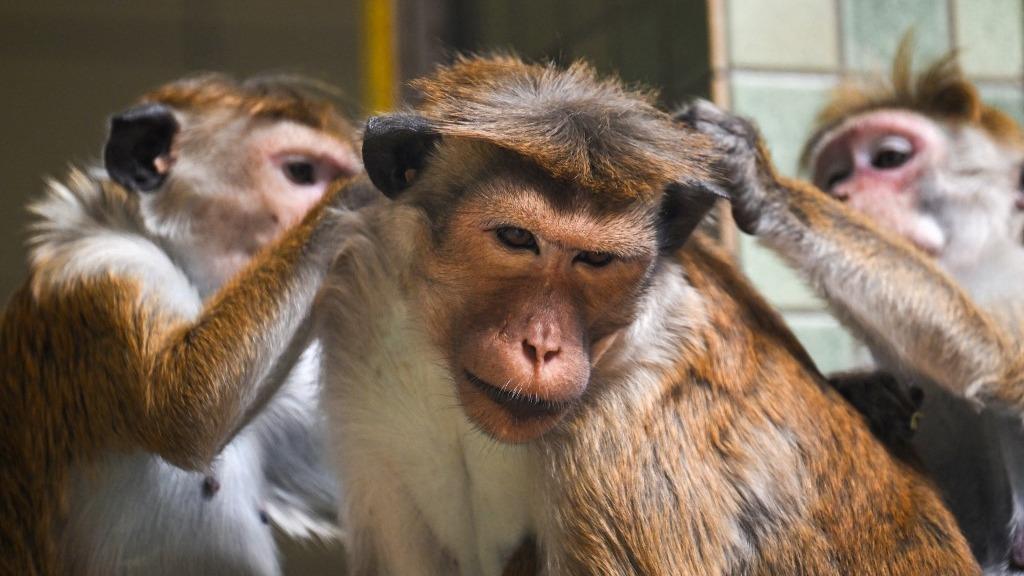Sri Lanka, bankrupt, plans to export, at the request of Chinese zoos, up to 100,000 toque macaques, a species endemic to the island, said Wednesday April 12 the Minister of Agriculture Mahinda Amaraweera, arousing concern of conservationists.
The toque macaque is common on the island, but is listed as endangered on the International Union for Conservation of Nature (IUCN) Red List.
Worst economic crisis in the country
The country bans nearly all live animal exports but the proposed deal (no financial details were released) comes as the country faces the worst economic crisis in its history.
"
They want these monkeys for the more than 1,000 zoos they have across China
," Minister Mahinda Amaraweera told AFP.
"
I have appointed a committee to study the request and see how we can respond to it
," he said.
But the Environmental Foundation, a local animal rights group, criticized the project, arguing that there had been no national survey of macaques in more than 40 years and that it needed to be investigated. first carry out a real census of the population.
"
We want to know why they want so many monkeys, whether it's for meat, medical research or other reasons
," Jagath Gunawardana of the Environment Foundation told reporters.
"
Monkeys are not a protected species in Sri Lanka, but they are on the international red list of endangered animals
," he said.
Two to three million toque macaques
According to official estimates, there are between two and three million toque macaques in Sri Lanka.
IUCN did not immediately comment.
Monkeys are considered pests in Sri Lanka because they destroy crops, raid villages in search of food and sometimes attack people.
Earlier this year, Sri Lanka removed several species from a list of protected species, including three monkeys, peacocks and wild boars, allowing farmers to cull them.
But Jagath Gunawardana argues that one of the reasons for the increase in conflicts between humans and animals, with monkeys and elephants in particular, is due to the loss of their habitat to the benefit of urban or agricultural expansion. .

